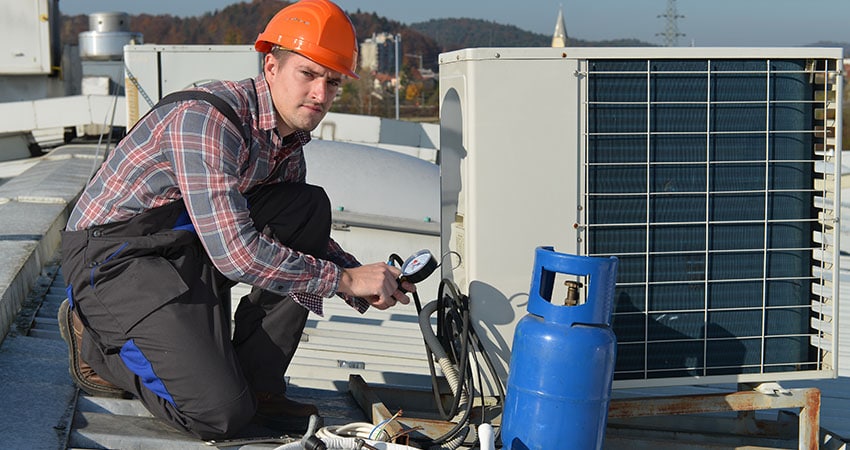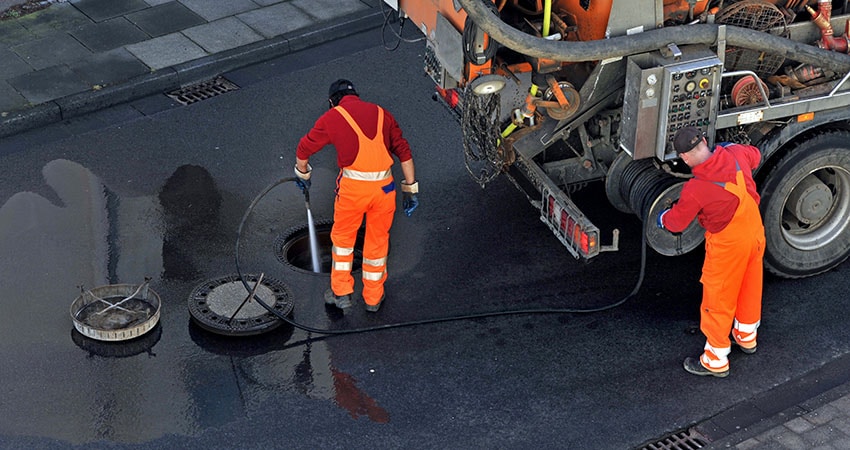Vinyl liner pools are the most common type of swimming pools found in the world. These pools compete with fiberglass swimming pools and have many advantages over them, making these a perfect choice for a specific buyer base. If you want your in ground pool builder to construct a vinyl pool in your backyard, here are some pros and cons that you can check.
Pros Vinyl Pools
They Are Cost Effective
Vinyl liner swimming pools are more affordable when compared to lots of other alternative types of swimming pools. Keep in mind that no matter what you choose for your swimming pool, it is going to be a big investment. But choosing a vinyl swimming pool can still help you save some of that hard earned money while retaining the durability and looks.
Fiberglass pools are usually considered the most cost effective option when it comes to the upfront costs. But a swimming pool is never a onetime investment. It needs regular maintenance in order to keep working properly. Fiberglass can break quickly, and repairing a broken fiberglass pool can be really expensive.
On the other hand, vinyl pools definitely do not look cheap, but they are actually cheaper in upfront costs as compared to the fiberglass and concrete pools. Even if you ever need to hire a masonry contractor for repair work, vinyl is cheap and is easily available. So the repairs are less expensive as well. However, how much you will have to pay for a vinyl pool depends on the shape, size and depth of the pool.
Low Maintenance Needs
While every pool needs some maintenance to function properly, vinyl liner swimming pools require less maintenance as compared to their fiberglass and concrete alternatives. The new vinyl liner pools are very durable, and since vinyl is a nonporous material, you would not need to use many chemicals just to clean up the pool. The surface has properties which make it harder for algae to hold on to it and grow fast. If you have a well-made and well maintained pool, it will last for years. But at some point you will surely have to replace the pool.
So, we can say that having a vinyl liner swimming is beneficial because it costs less upfront, looks good, is durable and needs less maintenance.
Cons Vinyl Pools
They Last For A Shorter Time Period
Vinyl liner pools can last for 5 to 10 years on average if proper maintenance is provided. While 10 years might look like a lit to you, concrete and fiberglass pools last for a much longer period of time if properly maintained, we are talking about decades!
So, while the vinyl liner costs less money, it also lasts for a short period of time. This makes these pools perfect for the people who keep changing their houses occasionally, but it is not necessarily a good long term investment. This can be counted as a con of vinyl liners, as they do not add much to your property’s resale value especially if they are near their end.
Higher Chances Of Algae Growth
When the vinyl liners are compared to the fiberglass pools in terms of algae prevention properties, fiberglass swimming pools easily outclassed vinyl liner pools. Fiberglass is still a superior material, and it has better properties to prevent algae growth. However, keep in mind that algae can still grow inside fiberglass spinning pools. So, proper maintenance will be needed.
If you have a vinyl liner swimming pool, you will have to keep cleaning it properly to avoid any growth of algae in the long run. If this is ignored, algae growth would ruin your whole pool. So, we can say that with a vinyl pool, you will have to struggle more to keep the stubborn algae out.
Slightly Higher Long Term Costs
As we have already discussed, maintenance for vinyl pools costs less as compared to the fiberglass pools, but do keep in mind that vinyl pools need maintenance more often as compared to their counterparts. This makes the long term costs of maintaining a vinyl swimming pool slightly higher as compared to fiberglass or concrete pools. So, do your math before choosing the pool type.
Furthermore, talk with your pool contractor Long Island to learn which material is best for your specific needs.



